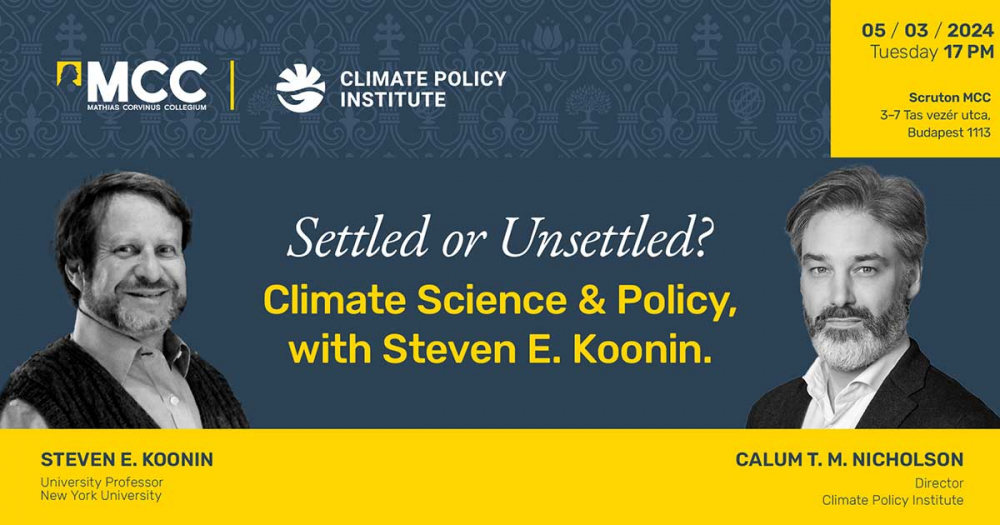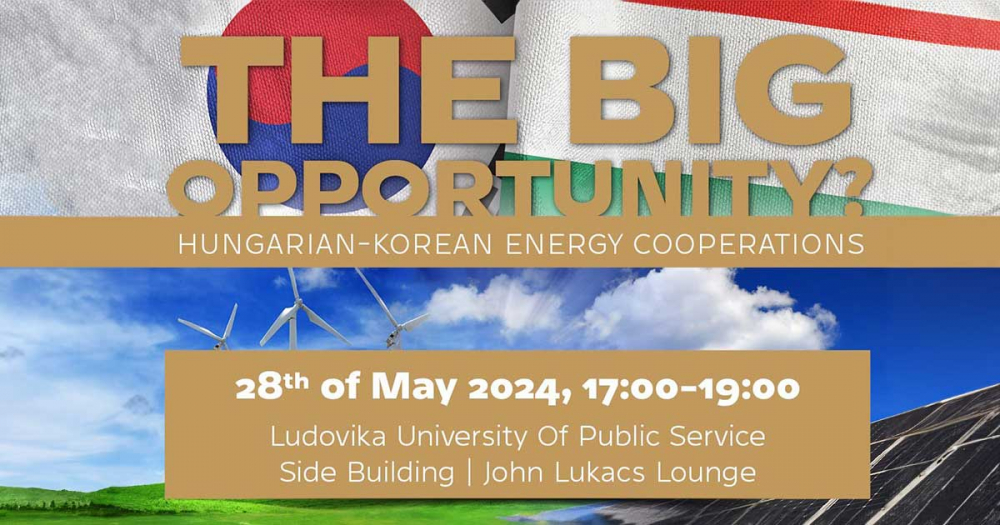With the European Parliament elections fast approaching, the cost of living crisis, energy prices and the fate of the Green Deal are high on the agenda. Come and discuss one of the biggest issues driving contemporary political issues - how we approach the challenge of climate change.
Keynote: Professor Richard Lindzen, 1:30 to 2:00PM
Panel: Climate Science: the use and abuse of consensus, 2:00 to 3:30PM
Coffee break: 3:30 to 4:00PM
Panel: Climate Change and the perils of Net Zero, 4:00 to 5:30PM
Wine reception: 5:30 to 6:30PM
Keynote: Science, consensus and the politics of climate change, 1:30 to 2:00PM
Speaker: Richard Lindzen, the Sloan Professor of Atmospheric Sciences Emeritus at MIT, and a member of the US National Academy of Science since 1977.
In modern history there are several examples of political movements claiming a scientific basis. From immigration restriction and eugenics (in the US after WW1) to antisemitism and race ideology (in Hitler’s Germany) and communism and Lysenkoism (under Stalin). Each of these claimed a scientific consensus that allowed highly educated citizens, who were nonetheless ignorant of science, to have their anxieties alleviated. What then are we to make of the scientific consensus about climate change? At the very least, does the scientific consensus support the idea of an “existential” threat posed by climate change? On this, and other climate issues, the ordinary people are often more sceptical than the elite. Why is this?
This lecture will explore the use and abuse of the idea of scientific consensus.
Panel: Climate Science: the use and abuse of consensus, 2:00 to 3:30PM
Speakers:
- Frank Furedi, executive director, MCC Brussels
- Calum Nicholson, director, Climate Policy Institute
To be joined in discussion by:
Richard Lindzen, the Sloan Professor of Atmospheric Sciences Emeritus at MIT
Panel: Climate Change and the perils of Net Zero, 4:00 to 5:30PM
Speakers:
- Samuel Furfari, Professor of Energy Geopolitics and Energy Politics at the Free University of Brussels
- Johan Gardebo, Research Fellow, Clare Hall, University of Cambridge
- Barbara Kolm, founder of the Free Market Road Show, Director of the Austrian Economics Center, President of the Hayek Institute and Professor of Austrian Economics at the University of Donja Gorica in Montenegro
- Jacob Reynolds, Head of Policy, MCC Brussels
We often hear that there is a scientific consensus on climate change. Yet the science is only half the discussion. Whatever the science says, we have to answer a political question too: what should we do?
Proponents of environmentalist responses often present the policy choices as if they are simply dictated by the science. But this hides a whole range of political choices. Should we prioritise standards of living, or reducing emissions? Should we try and change behaviour, or change technology? Should we seek clean energy wherever we can find it, like with nuclear power, or is the problem that we consume too much to begin with? How should we weigh up the different opportunities for adaptation versus mitigation and where to invest resources?
On such questions, there is no consensus, and we cannot assume that science will answer them for us. These are questions for public debate – but too often the public is shut out of the debate about our future.
European elites have their preferred answer – Net Zero, the Green Deal, an end to petrol cars, and the war on farming and traditional industry. But what is or should be the answer of the European public?


 May 23, 2024 at 1:30 PM – 6:00 PM
May 23, 2024 at 1:30 PM – 6:00 PM
